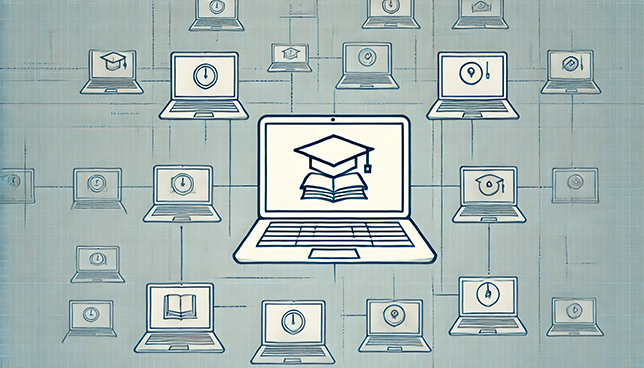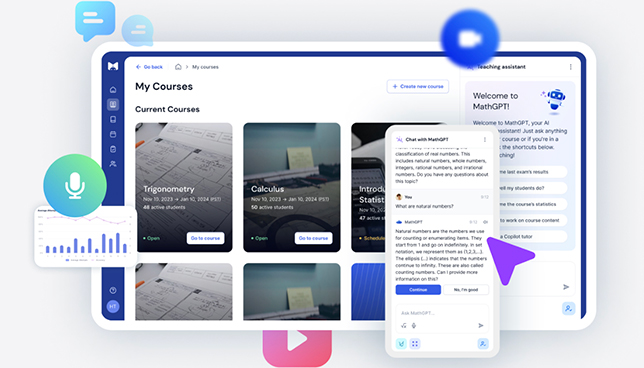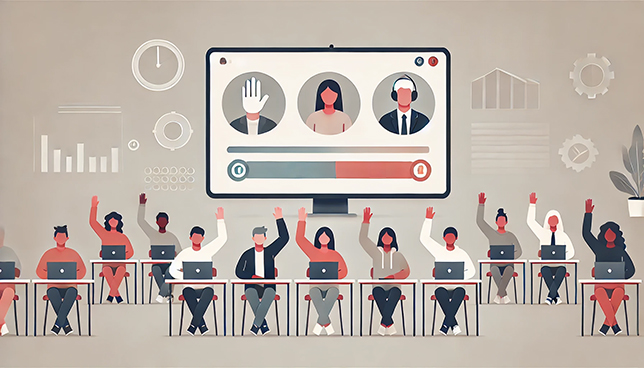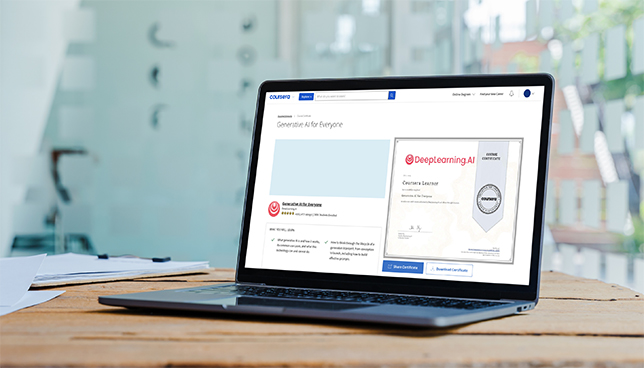
OpenStax is celebrating its 25th anniversary as 2024 comes to a close. The open educational resources initiative from Rice University has served almost 37 million students in 153 countries and saved students nearly $3 billion in course material costs since its launch in 1999.

Florida's Miami Dade College is now providing workforce training to students across the country through XploreFLEd, an online program focused on "developing essential skills for today's job market."

Ed tech provider GotIt! Education has announced the general availability of MathGPT, an AI tutor and teaching assistant for foundational math support.

Traditional teaching methods like slide-to-slide PowerPoint presentations no longer engage students in the way they used to. Here's how one educator developed engaging, interactive methods to help students grasp complex concepts.

Digital learning company Pearson has introduced several new AI-powered tools to help provide students personalized help from within their e-textbooks or study platforms.

In an effort to boost student success in STEM subjects, Oregon's George Fox University has partnered with STEM learning platform Numerade to offer students free access to the company's video tutoring platform.

Global education company McGraw Hill has added two new generative AI tools to help personalize learning experiences for both K–12 and higher ed students, according to a news release.

Ed tech company Cengage has announced the beta launch of Student Assistant, a generative AI tool designed to guide students through the learning process with personalized resources and feedback.

Microsoft Loop, the online collaborative platform in Microsoft 365, is getting a number of new features and an overall redesign.

Learning platform Coursera is expanding its Generative AI Academy training portfolio with an offering for teams, as well as adding new generative AI courses, specializations, and certificates.